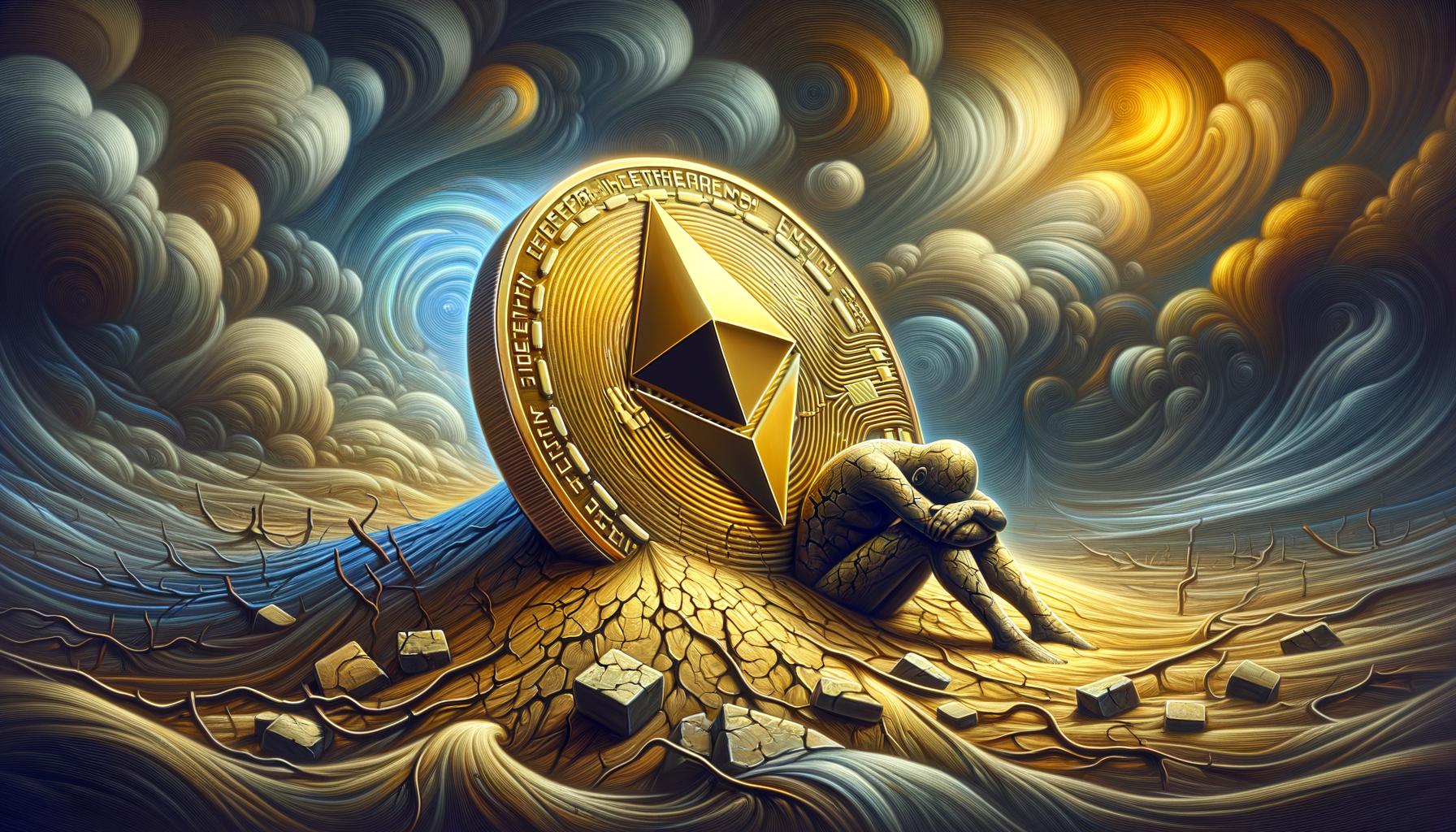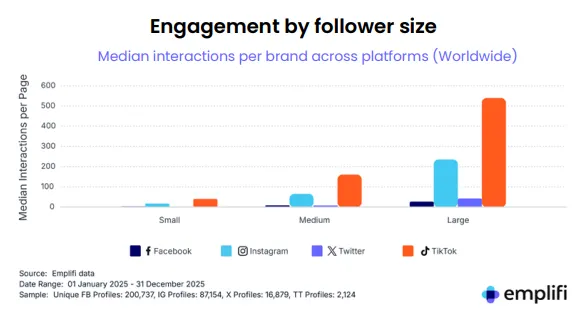Marketing Tactics Used by Both Hollywood and Online Casinos
In two worlds that at first glance seem very different, Hollywood and casinos on the internet, success hinges on more than great content or large payouts. Underlying the glamour and glitz is a similar command of marketing that entrances...


In two worlds that at first glance seem very different, Hollywood and casinos on the internet, success hinges on more than great content or large payouts. Underlying the glamour and glitz is a similar command of marketing that entrances people over and over again.
Star Power
These two sectors recognize the power of the familiar face. Hollywood has always depended on leading names to attract audiences, as performers and directors bring instant recognition and credibility. The same is true for online casinos, which increasingly leverage celebrity endorsement or develop branded games starring public personalities. Not only does it gain visibility, but it also introduces an air of excitement for the fans. From the world of acting to sports, large names give otherwise run-of-the-mill campaigns a starring status. In today’s world of the internet, endorsement by celebrities gives credibility, goes viral across fan bases and generates an air of exclusivity that is attractive both to the average player and to high rollers.
Loyalty Pays
Long-term allegiance is pure gold to any entertainment industry. Hollywood fosters fan commitment through special fan clubs, advanced screening admission and social media interactions. In the same manner, online casinos establish tiered VIP programs, reward points and priority access to high-limit games. Even the best casinos in British Columbia apply similar methods to hold gamblers by rewarding regular play with benefits and status upgrades similar to the Hollywood experience. The psychology of appreciation and belonging to an inner group powers continued engagement, motivating gamblers and fans to engage more over time with increasingly personalized activity.
Teasers and Trailers
Anticipation is key to both film and online gaming. Trailers, preview posters and Twitter countdowns create hype months in advance for Hollywood. That same strategy is used by online casinos to promote new slot games, jackpots, or updates to platforms. By strategically leaking peeks at features or graphics, they inspire excitement and chatter, two ingredients to launch success. Not only does it bring people to the site, but it gives the user the sense of belonging to the process, letting them become emotionally invested before the content is even live. A carefully placed teaser campaign can be the difference between having a decent launch and going viral.
Limited-Time Offers
Creating urgency is a marketing tradition both sectors are familiar with. Hollywood lives off opening weekends, box office battles and limited-release versions that make people act immediately. Online casinos emulate this with limited-time offers, daily specials and countdown rewards that urge people to play immediately, as opposed to later. The ticking clock strategy compels action and spurs engagement. When consumers fear missing out, they’re more apt to act immediately, boosting engagement, as well as return on campaign spend. These methods create momentum and make content remain current, competitive and high-pressure.
Cross-Platform Advertising
From Times Square billboards to mid-roll YouTube commercials, both Hollywood studios and internet casinos know how to remain ubiquitous across every screen. To promote a new movie or slot competition, campaigns are optimized for mobile screens, smart TVs and those in between. Such a ubiquitous strategy guarantees that wherever the target group is, the message reaches them, engaging, inviting and difficult to disregard. Digital retargeting, influencer integration and multi-device tactics assist in keeping the message at the forefront, reinforcing the brand along all user touchpoints, both in active browsing situations as well as passive browsing scenarios, from early-morning scrolls to late-night binges.
The Glamour Effect
Marketing both industries transcends product; it sells an aspiration. Red carpet Hollywood, posh sets and off-the-set exclusives make movie-going an experience. The same applies to casinos online with images of high rollers, VIP rooms and high-stakes wins, creating an aura of high-end indulgence. Aspirational branding appeals to users by giving them a glimpse into an experience beyond film or game. The apparition of high living builds emotional connection, creating the illusion of status boost and experience enrichment. When the user feels like they’re entering into an opulent getaway, it follows that engagement deepens with the brand.
Bonus Scenes
Just as audiences linger for post-credits scenes at big-event movies, casino players linger for free spins, surprise rewards and bonus rounds. In either scenario, the “something extra” is included as part of the experience, so it feels richer and more rewarding. Sites tend to carry on Hollywood’s “director’s cut” attitude by providing special bonuses that are only available to returning users or during special events. These extras offer value beyond the norm, surprising the user and inviting return visits. The more people anticipate surprise, the more they tend to linger, delve deeper and recommend it to friends or share with social networks.
Personalization Strategies
One shared strength is targeted advertising. Film studios study viewing patterns to personalize movie recommendations, trailers and website content. Players at online casinos receive personalized offers, game tips and special deals based on player data. The technology-driven strategy leaves the user at the center of the action, getting precisely what they desire before they even request it. Personalization creates an emotional bond, driving long-term engagement and a stronger brand connection. As both sectors leverage AI and machine learning, they can provide more intuitive experiences that adapt to individual behavior, raising the bar on digital entertainment at the same time.

 KickT
KickT 
































